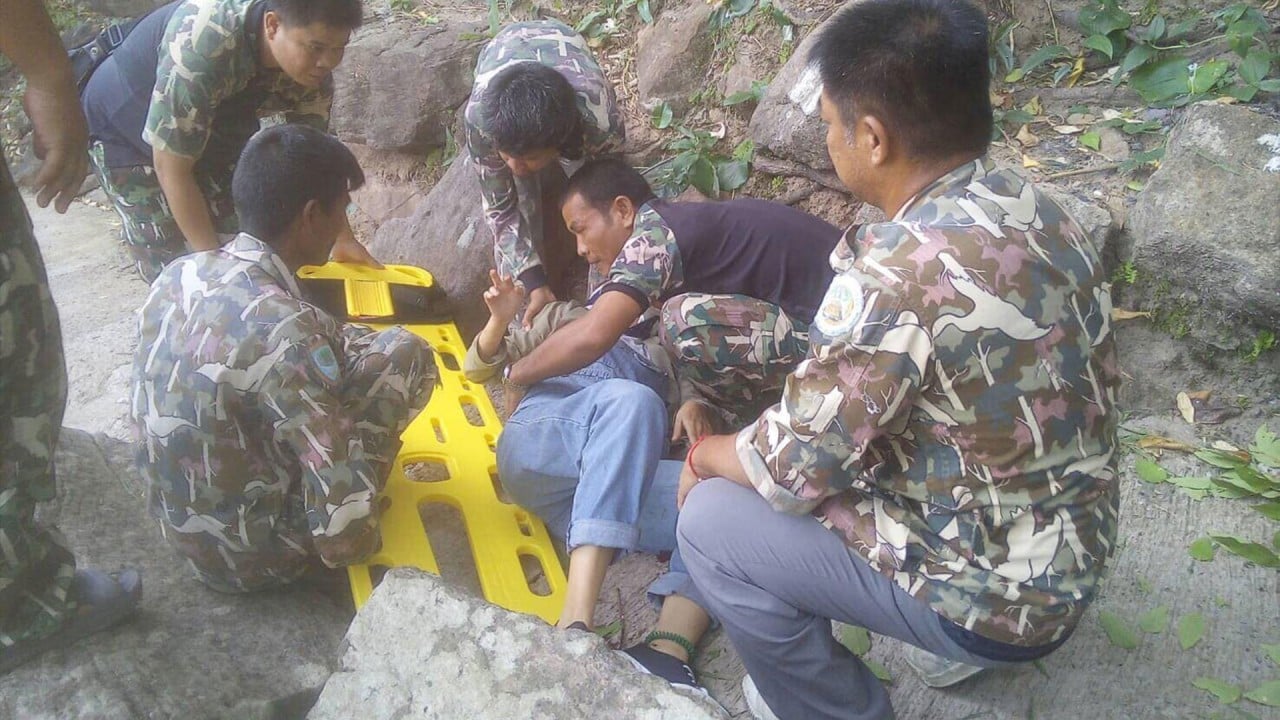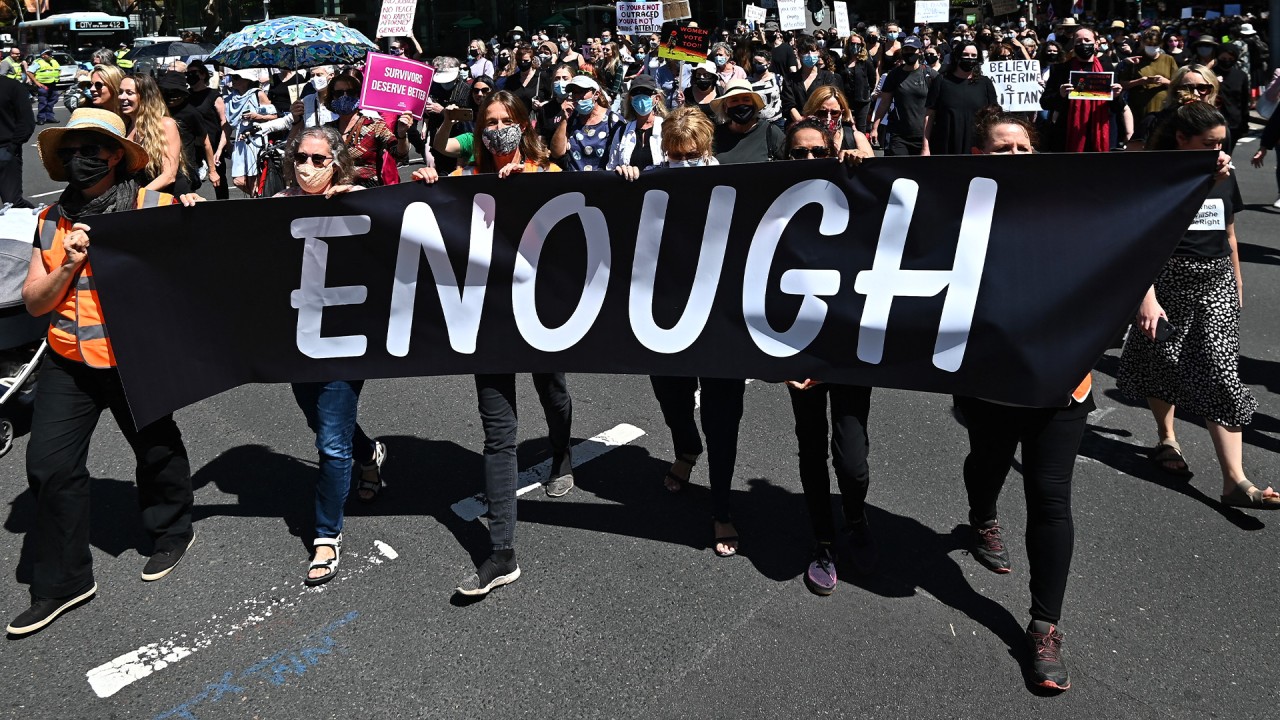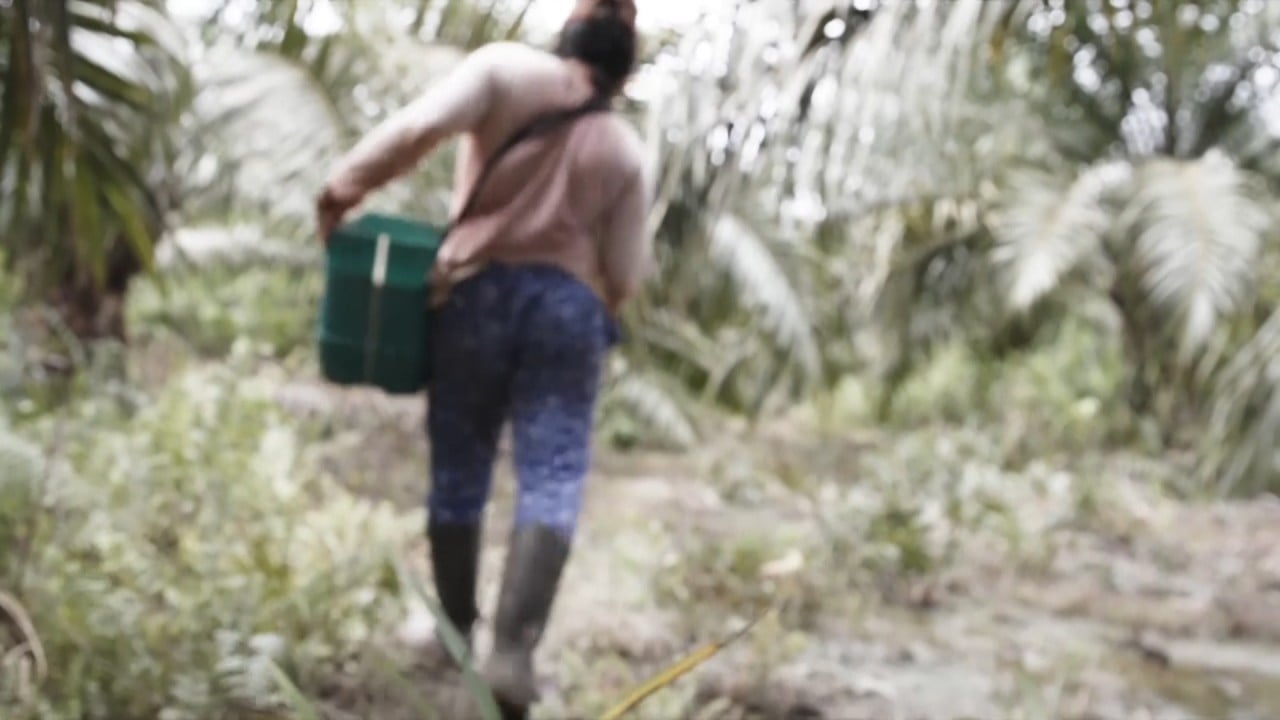
How Covid-19 lockdowns and isolation have enabled a shadow pandemic of violence against women and girls
- In all corners of the world, helplines for violence against women have seen an increase in reports. But the pandemic has also highlighted the potential of online technologies to channel support
- The challenge now is to expand global efforts and make a difference in more lives
Violence against women is a global crisis. In all our neighbourhoods, there are women and girls living in danger. Around the world, conflict, climate-related natural disasters, food insecurity and human rights violations are exacerbating violence against women.
The pandemic highlighted the potential of online technologies to channel support. There is a great need to invest in targeted online engagement of service providers and government services to better reach survivors online, particularly when face-to-face interaction is limited.
Violence against women often goes unreported, silenced by stigma, shame, fear of the perpetrators and fear of a justice system that does not work for women.
In emergencies, rates of violence against women and girls escalate, and Covid-19 was no exception. Disruptions to support services for survivors, unemployment and economic insecurity, and domestic violence cases increased across Asia and the Pacific during or immediately after lockdown periods.
UN Women worked with governments, United Nations partners and women’s and other local organisations to ensure that services related to violence against women continued during the pandemic.
We supported shelters and helplines, to ensure women had access to legal services, online counselling and referral to other service providers.
For example, in Vietnam, UN Women upgraded local shelters’ internet and phone systems for the 24/7 maintenance of the hotline, provided household furnishings and appliances, and gave training on crisis counselling and trauma-informed care to the social workers who staff the shelters.
After the upgrade, the Peace House Hotline in Vietnam received 603 calls during the last two months of last year, compared to 786 calls during the five months before that. Also during the two-month period, 181 female survivors of violence received counselling and referrals to police, health care and justice services and 30 were admitted to the shelters.
UN Women’s approach in the Asia-Pacific is focused on prevention and responses to violence against women that operate at scale. We have worked with countries to build more effective systems through the Essential Services Package guidance tool, which is changing how governments coordinate systems for responding to violence against women, and seeks to enable justice.
The RESPECT Women: Preventing Violence against Women framework is designed for policymakers, and UN Women is deeply involved in supporting countries to apply it and adapt interventions.
The Global Shared Research Agenda was recently launched by the Sexual Violence Research Initiative and the Equality Institute. UN Women played a key part in the study’s consultation, and the findings strongly align with our priorities, such as the need for intervention research on prevention approaches.
Women’s rights – including to security, dignity, equality and justice – are core principles of international law. We know that the leadership and safety of women play a vital role in economic progress, community welfare, children’s health and education, and more. Everybody benefits when women’s rights are upheld; we all suffer when those rights are abused.
But there is hope. In recent years, much has been achieved to prevent and reduce violence against women and girls. The challenge is to expand global efforts and make a difference in more lives.
We must ensure that essential services are available and accessible to all women. We need to support environments, online and off, in which women can participate safely in decision-making.
Opportunities are opening up. Last summer, as part of a US$40 billion commitment to women and girls, the Generation Equality Forum launched the Action Coalition on Gender-based Violence. The coalition brings together women’s groups, youth groups, civil society, faith-based institutions, philanthropy, private sector, international organisations and UN member states.
There will be concrete financial and policy commitments and scaled-up initiatives in critical areas: survivor support services, legal frameworks and more resources for grass-roots organisations.
Today, the International Day for the Elimination of Violence against Women, also brings hope. It marks the first day of the annual “16 days of activism against gender-based violence”, a series of events aimed at creating real change. This year, the theme is “Orange the world: End violence against women now!”. “Orange” symbolises a brighter future, free of violence. I welcome and urge you to participate.
Women’s groups and concerned people everywhere have been vital to the progress made. Together, we can make life better, brighter and safer for many more girls and women across the world.
Mohammad Naciri is regional director for UN Women Asia and the Pacific





